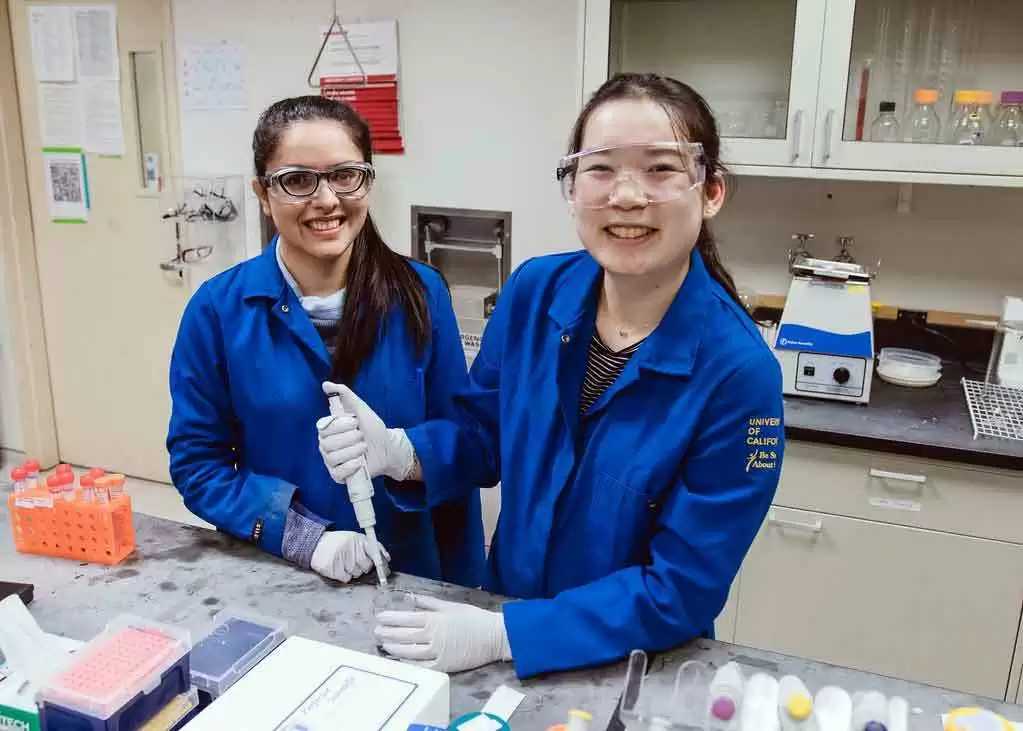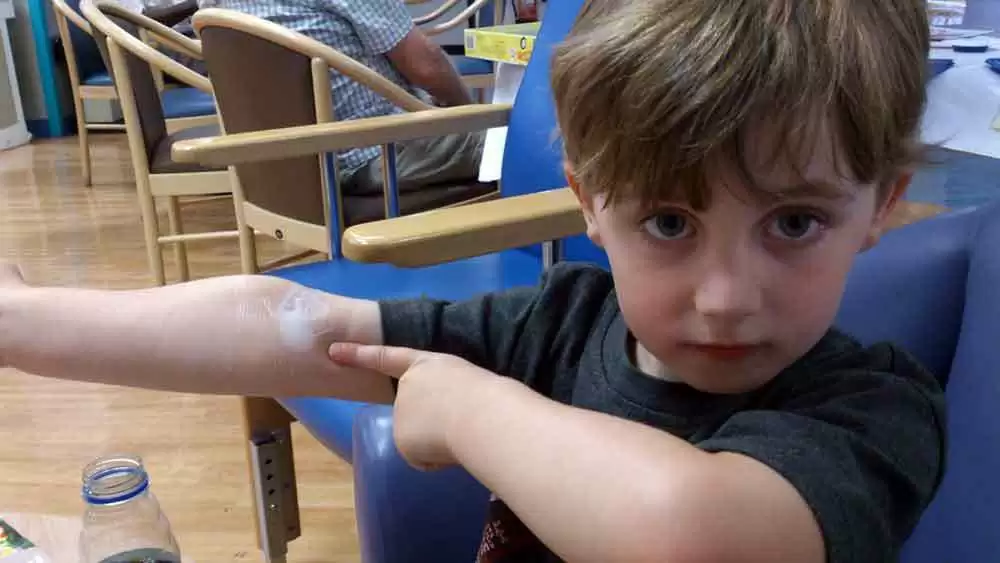
Celiac.com 04/04/2022 - Consensus is building among researchers and clinicians for skipping biopsy, and diagnosing celiac disease in both children and adults using antibody tests alone.
A team of researchers recently set out to assess the diagnostic accuracy of serological tests for celiac disease in adults and children. The research team included Athena L. Sheppard; Martha M. C. Elwenspoek; Lauren J. Scott; Victoria Corfield; Hazel Everitt; Peter M. Gillett; Alastair D. Hay; Hayley E. Jones; Susan Mallett; Jessica Watson; and Penny F. Whiting.
Celiac.com Sponsor (A12):
They are variously affiliated with the The National Institute for Health Research Applied Research Collaboration West (NIHR ARC West) at University Hospitals Bristol NHS Foundation Trust, Bristol, UK; the Population Health Sciences, Bristol Medical School, University of Bristol, Bristol, UK; the Primary Care Research Centre, Faculty of Medicine, University of Southampton, Southampton, UK; the Paediatric Gastroenterology Department, Royal Hospital for Children and Young People, Edinburgh, UK; and the Centre for Medical Imaging, University College London, London, UK.
The team searched seven electronic databases between January 1990 and August 2020 and looked for diagnostic studies that assessed the accuracy of serological tests for celiac disease against duodenal biopsy. They used QUADAS-2 to determine bias risk, along with bivariate random-effects meta-analyses to estimate serology sensitivity and specificity at the most commonly reported thresholds.
They included over one-hundred and ten studies covering nearly thirty thousand patients, all in secondary care populations. Due to variations in diagnostic thresholds, they included a subset of studies in meta-analyses.
Overall sensitivity and specificity of immunoglobulin A (IgA) anti-tissue transglutaminase were 90.7% and 87.4%, respectively, in adults, and 97.7% and 70.2% respectively in children.
Overall sensitivity and specificity of IgA endomysial antibodies were 88.0% and 99.6% in adults, and 94.5% and 93.8% in children.
Anti-tissue transglutaminase sensitivity appears to be sufficient to rule out celiac disease in children.
The high specificity of endomysial antibody in adults supports clinical use to rule in celiac disease.
This evidence supports the serological diagnosis of celiac disease without biopsy. The research team calls for additional studies in primary care to assess serological testing strategies.
This news will come as a relief to anyone who has been made to eat gluten for a few weeks, and suffer a biopsy to get a celiac diagnosis. We truly are on a new threshold of celiac diagnosis, where biopsy will soon be a rare tool, and serological testing will deliver an accurate diagnosis.
Stay tuned for more on this and related stories.
Read more in pubmed.ncbi.nlm.nih.gov








Recommended Comments
Create an account or sign in to comment
You need to be a member in order to leave a comment
Create an account
Sign up for a new account in our community. It's easy!
Register a new accountSign in
Already have an account? Sign in here.
Sign In Now